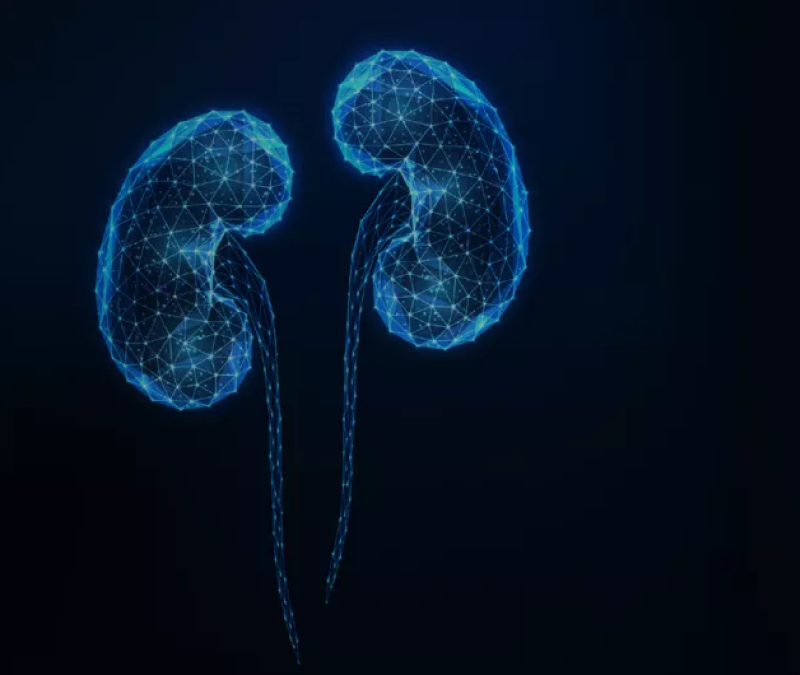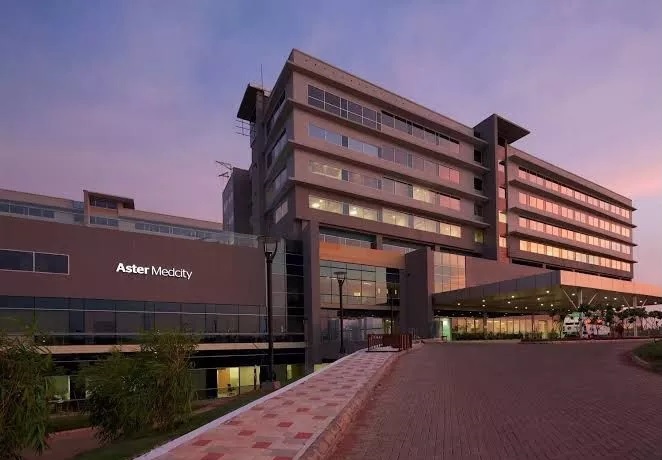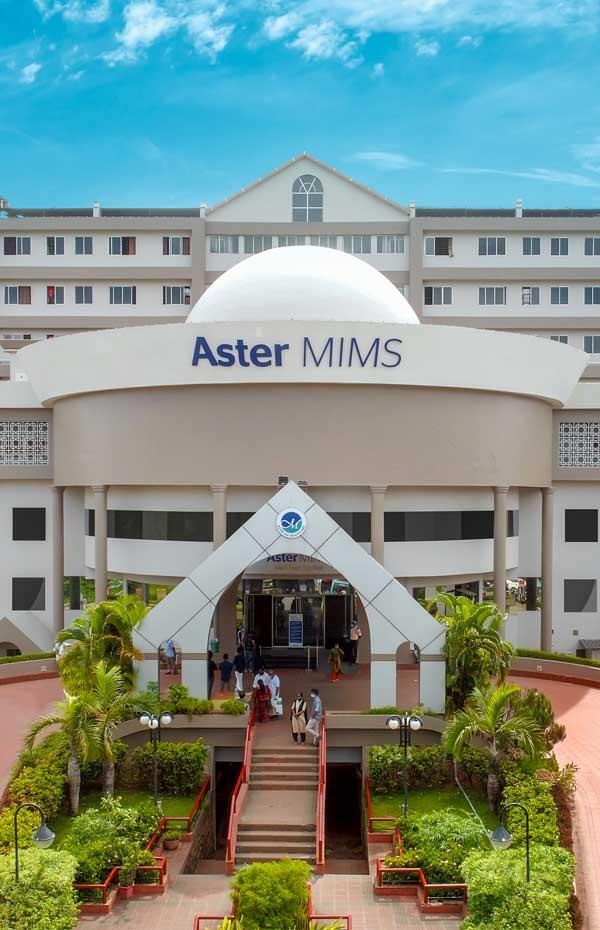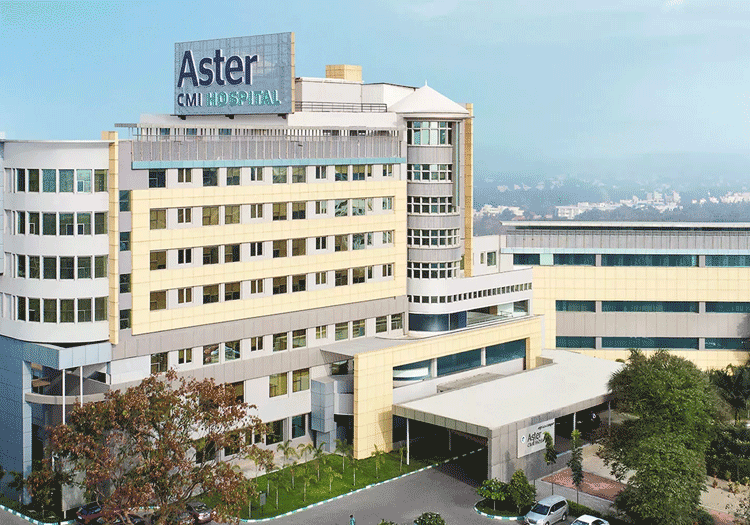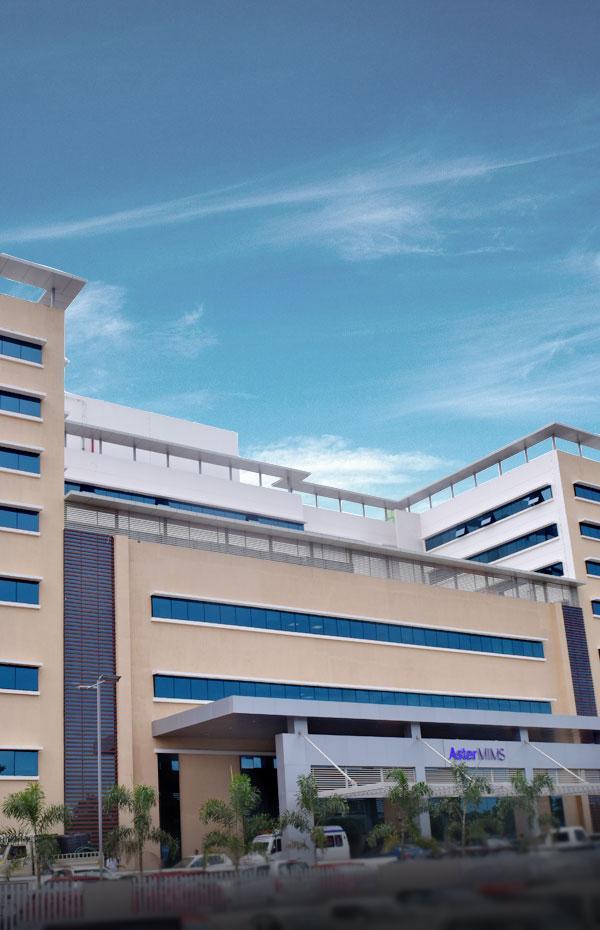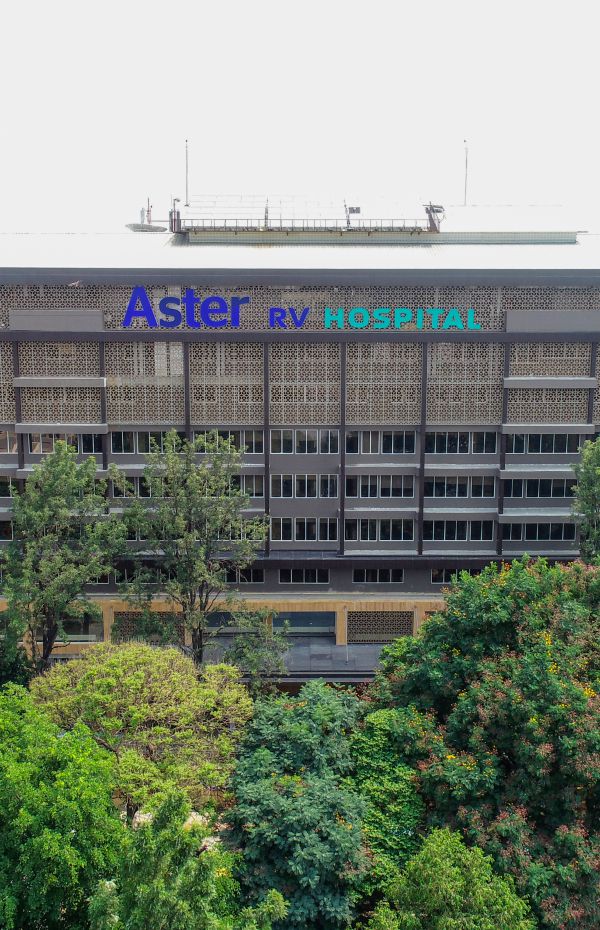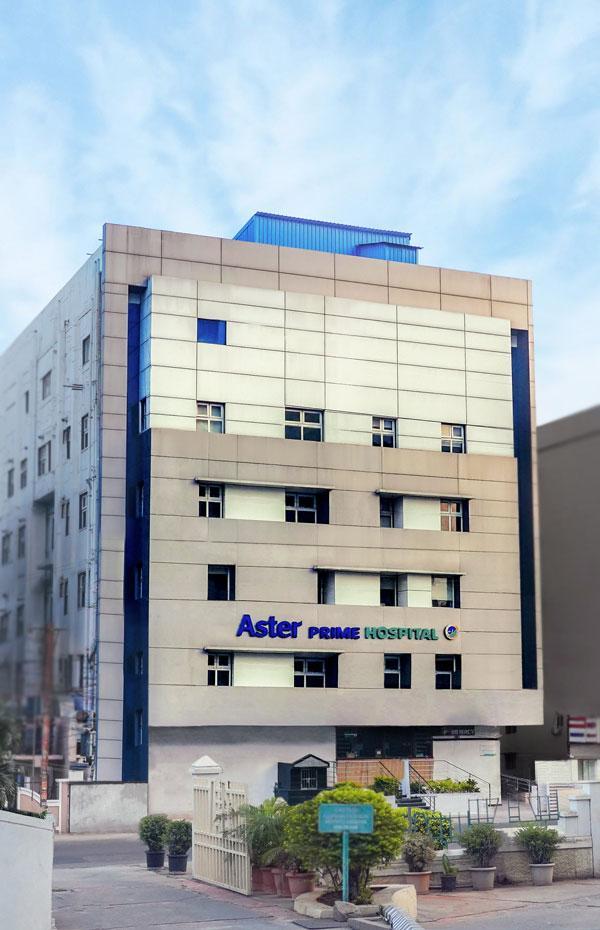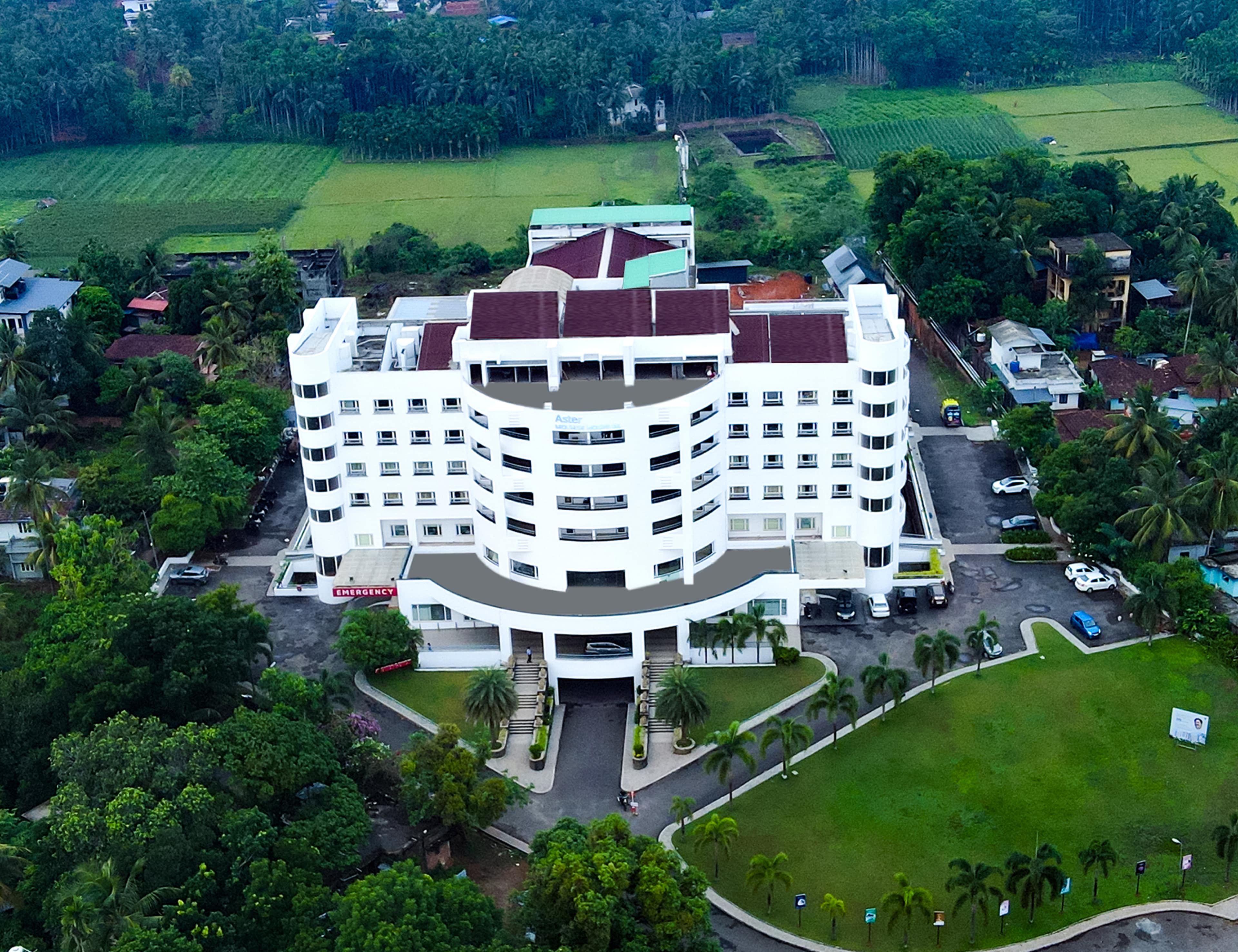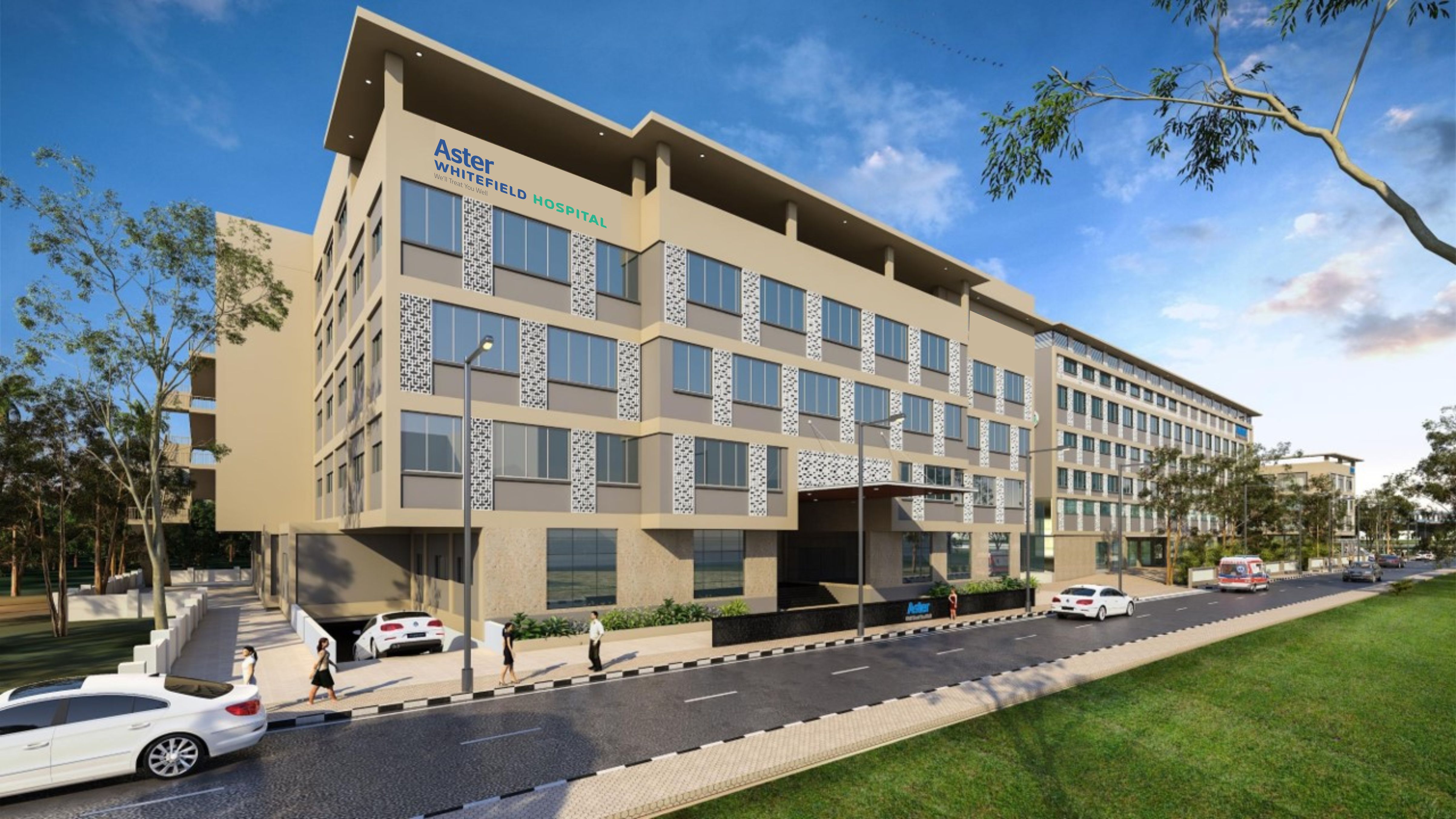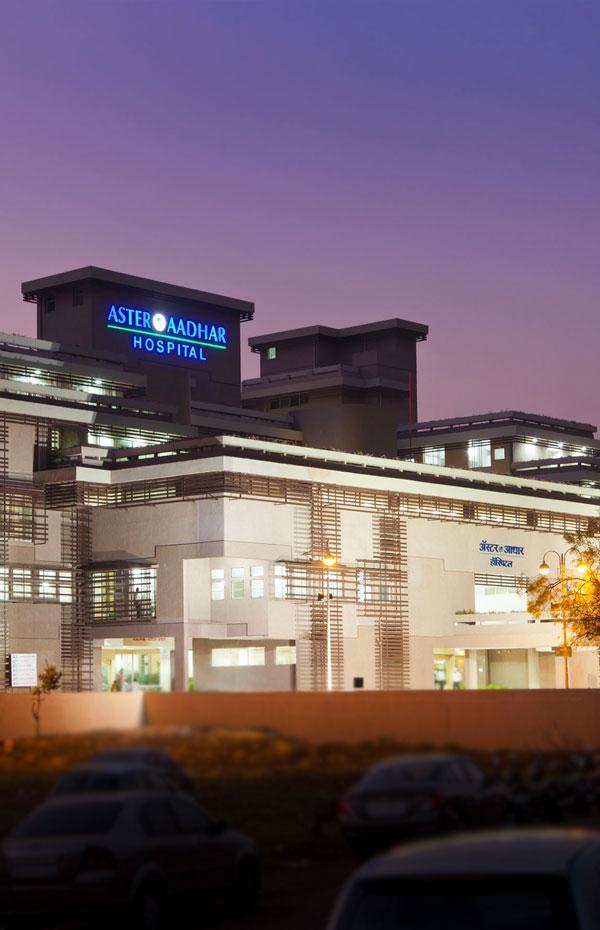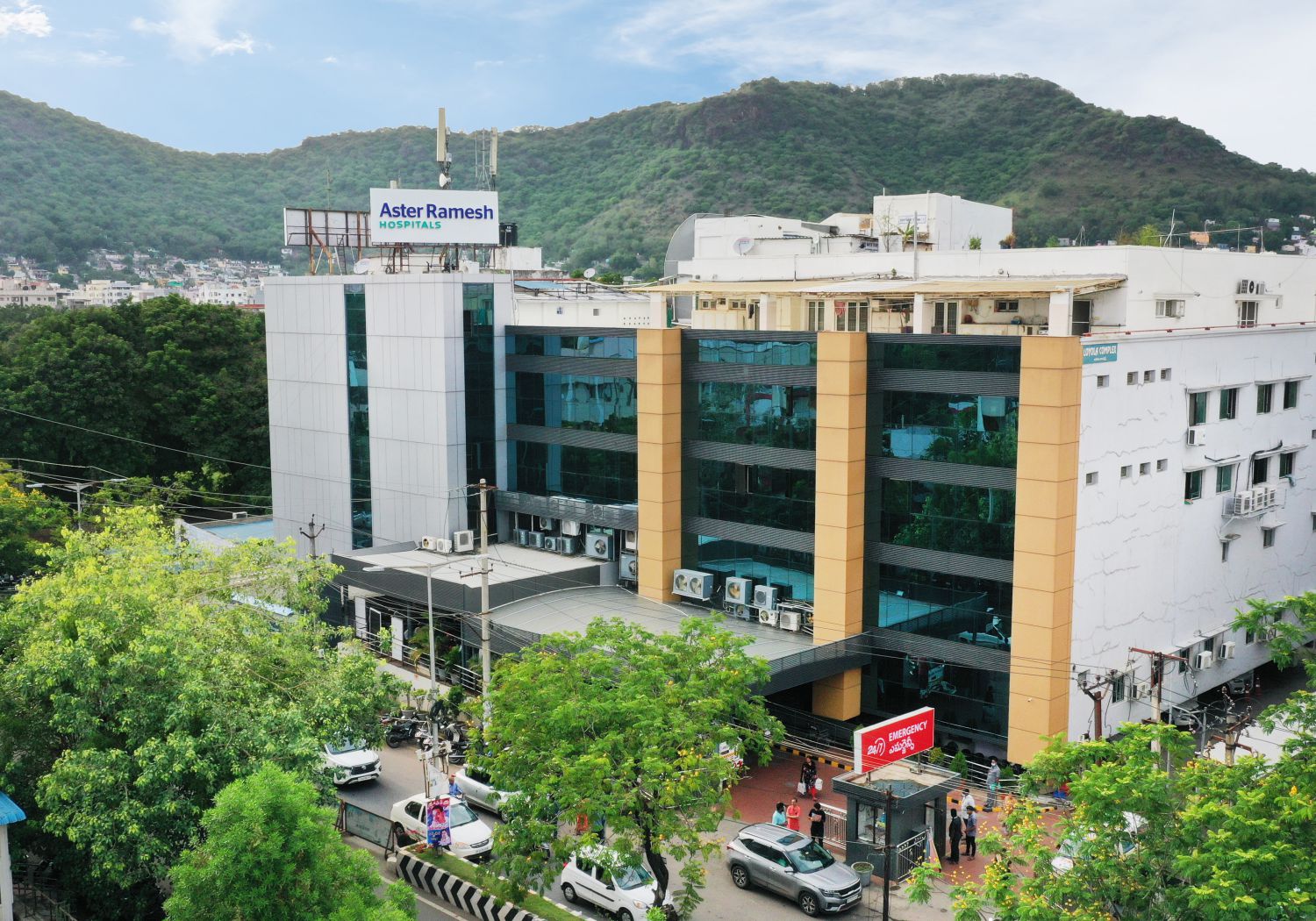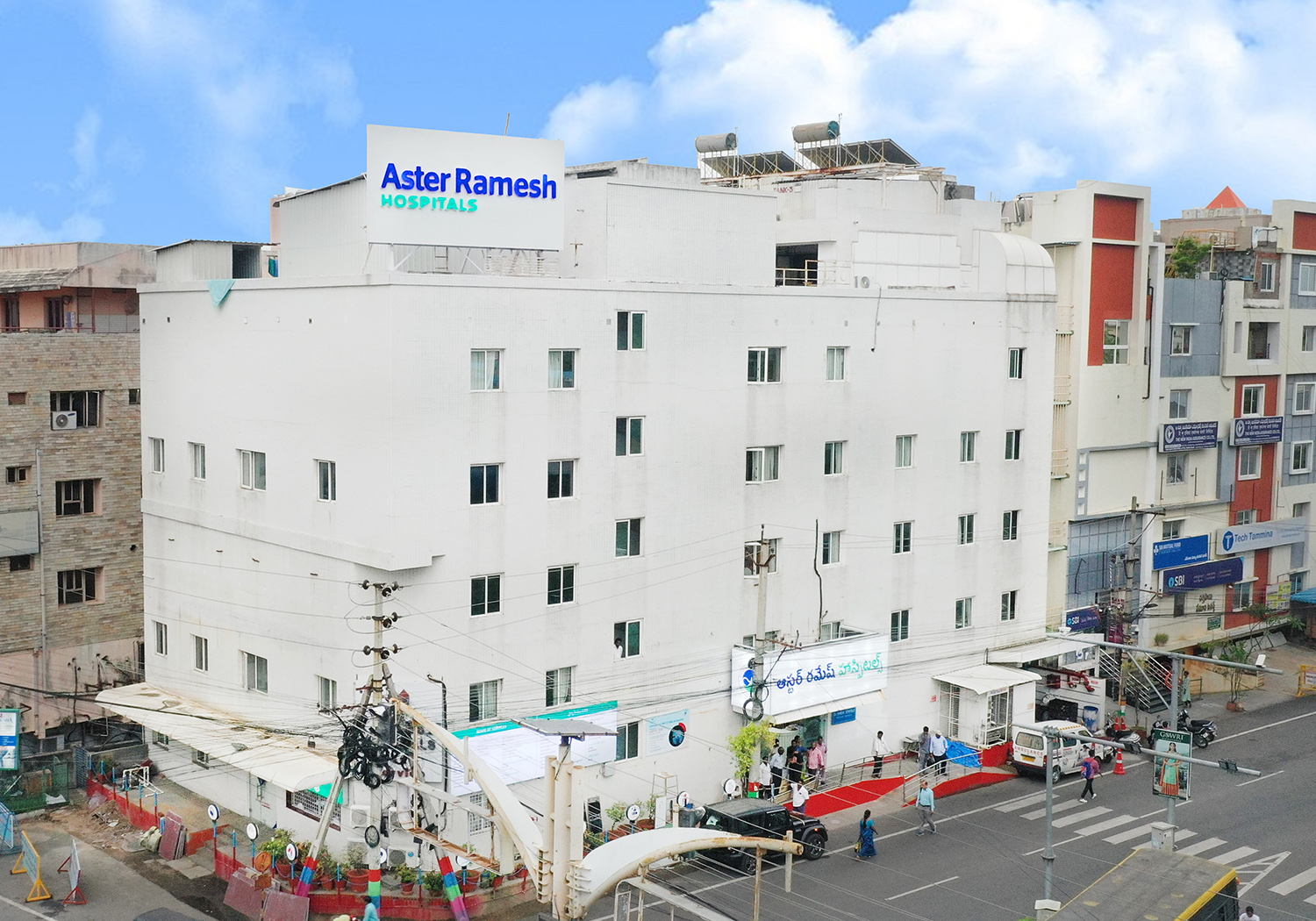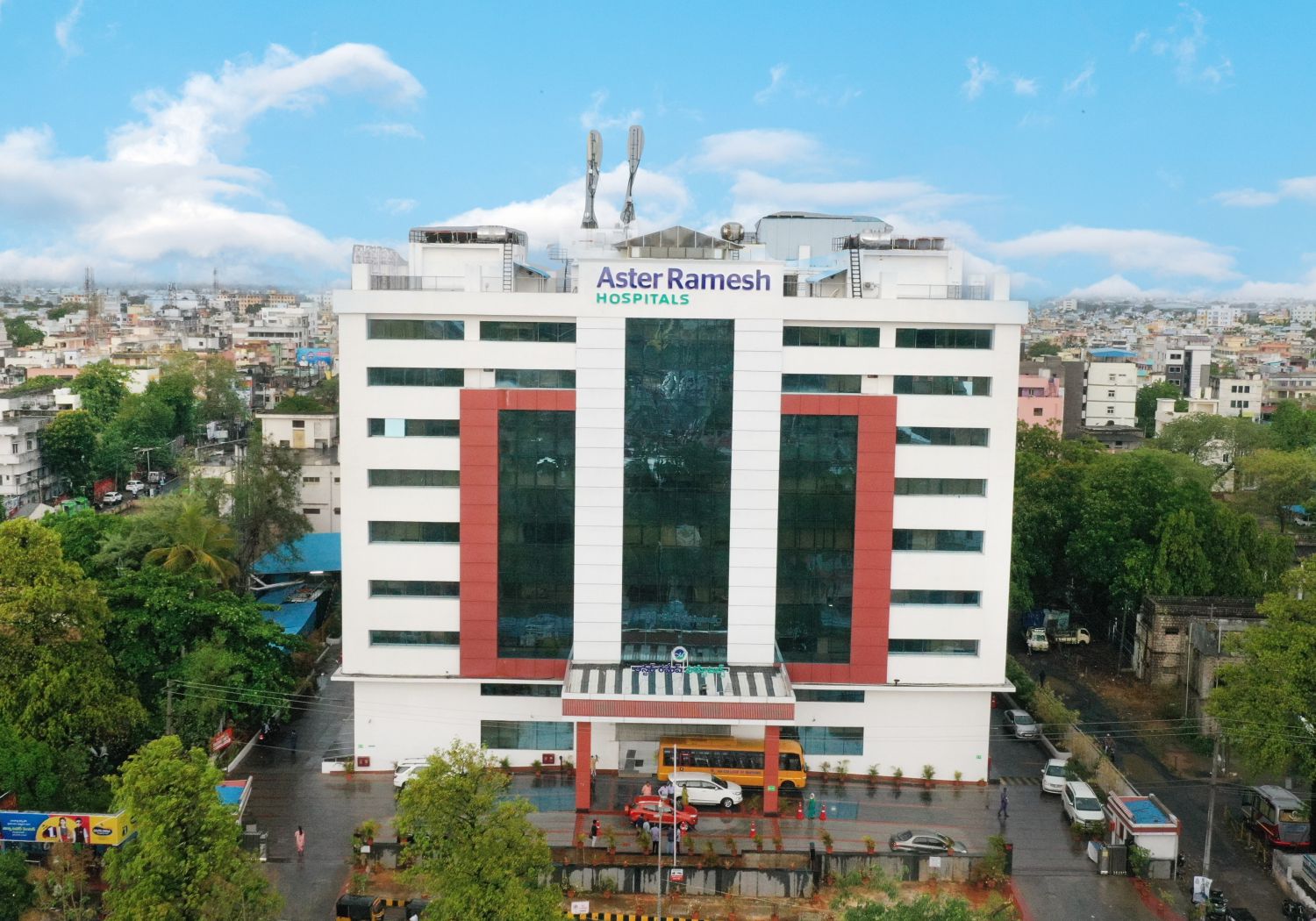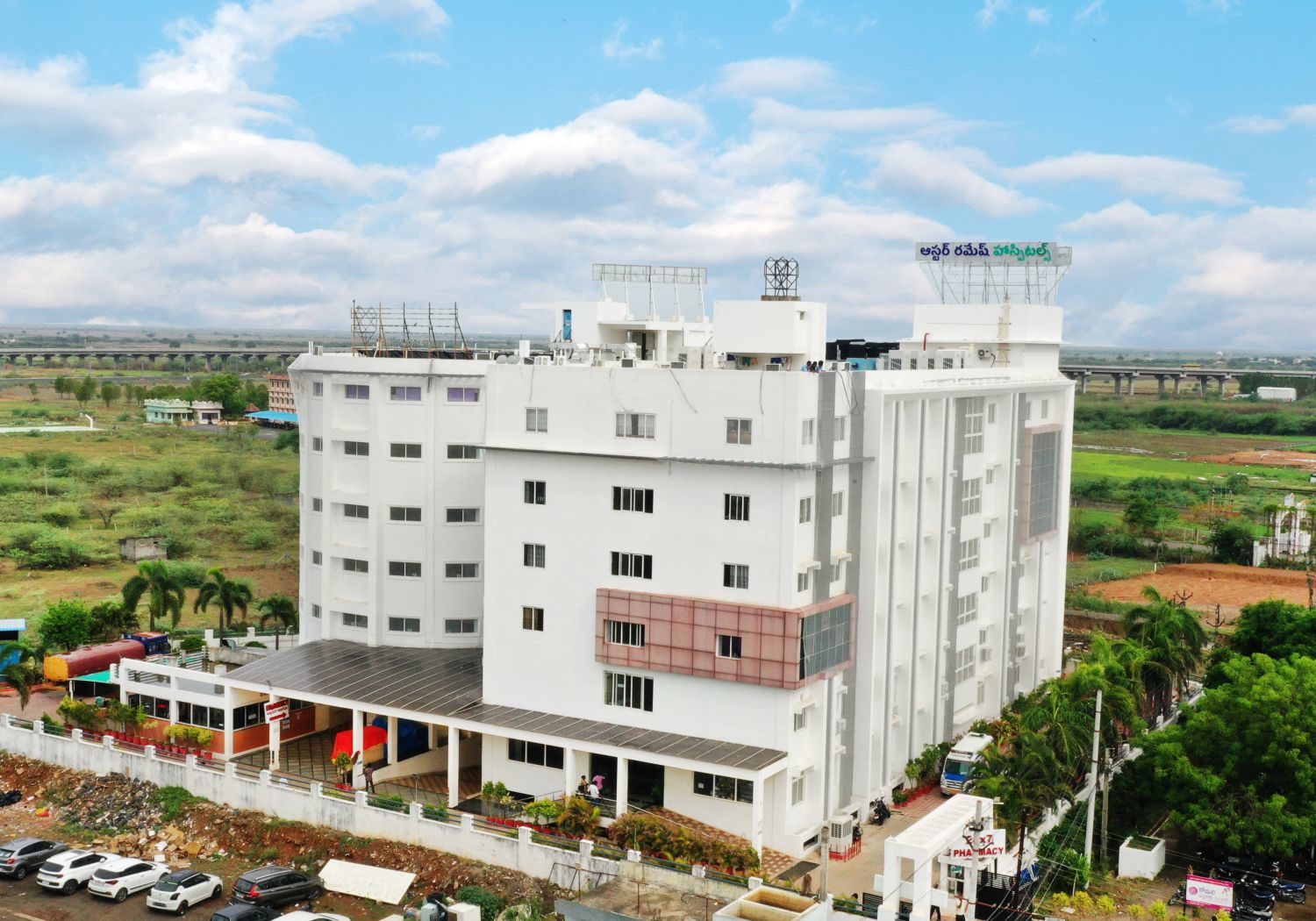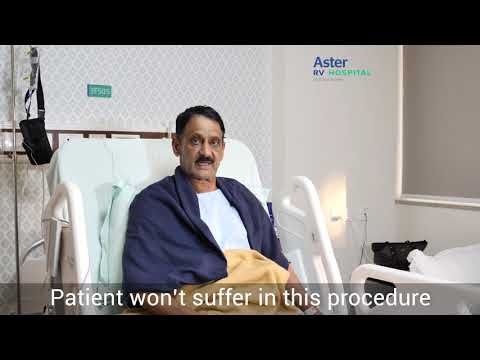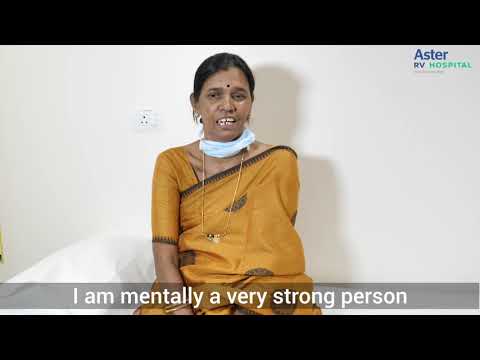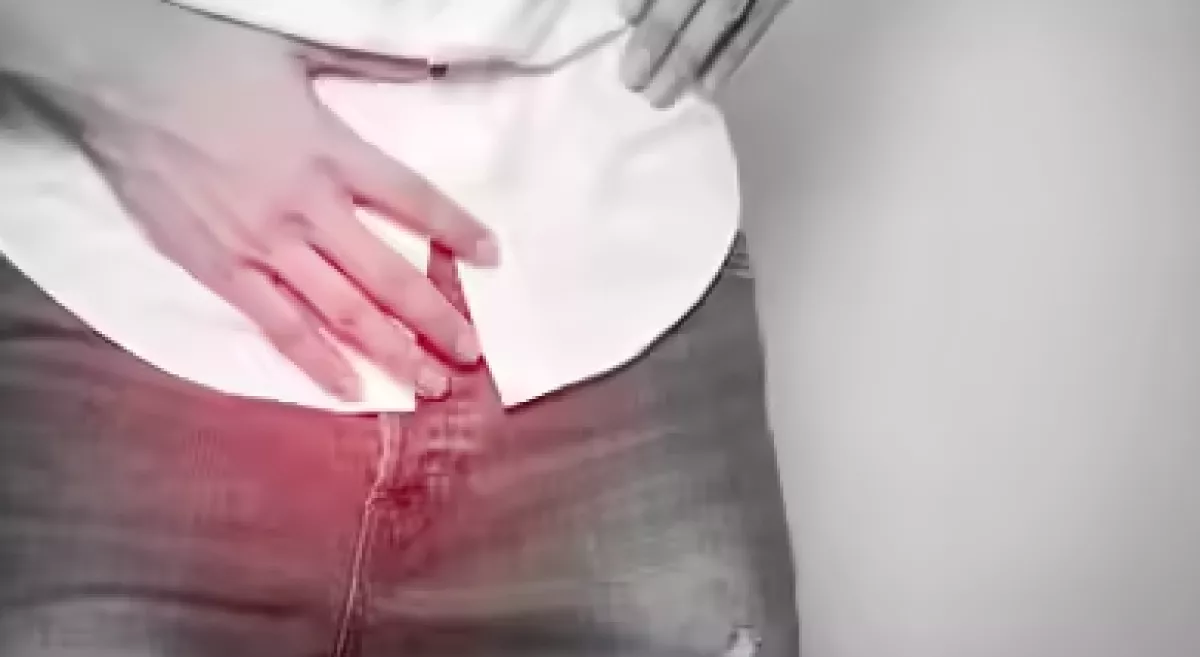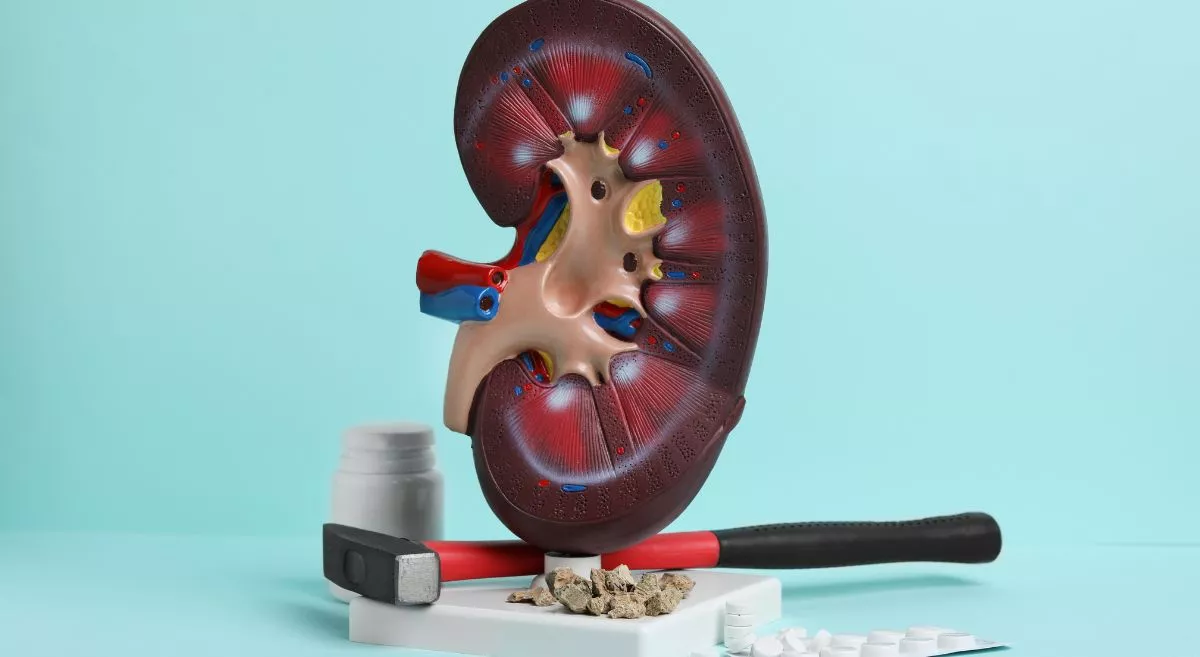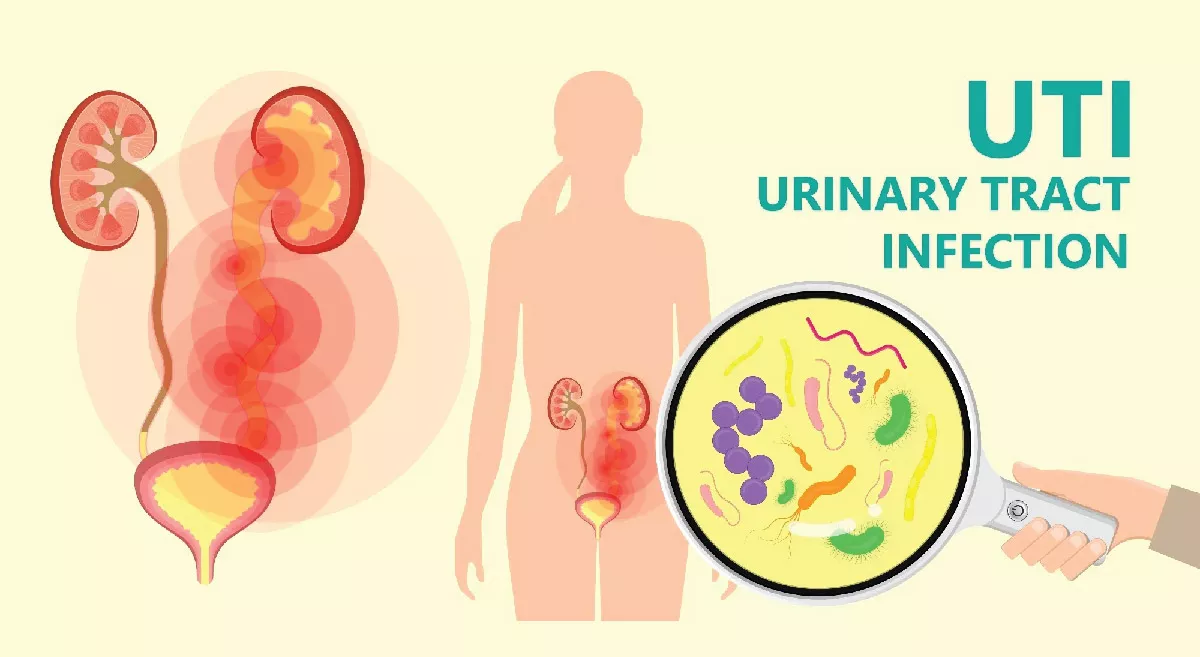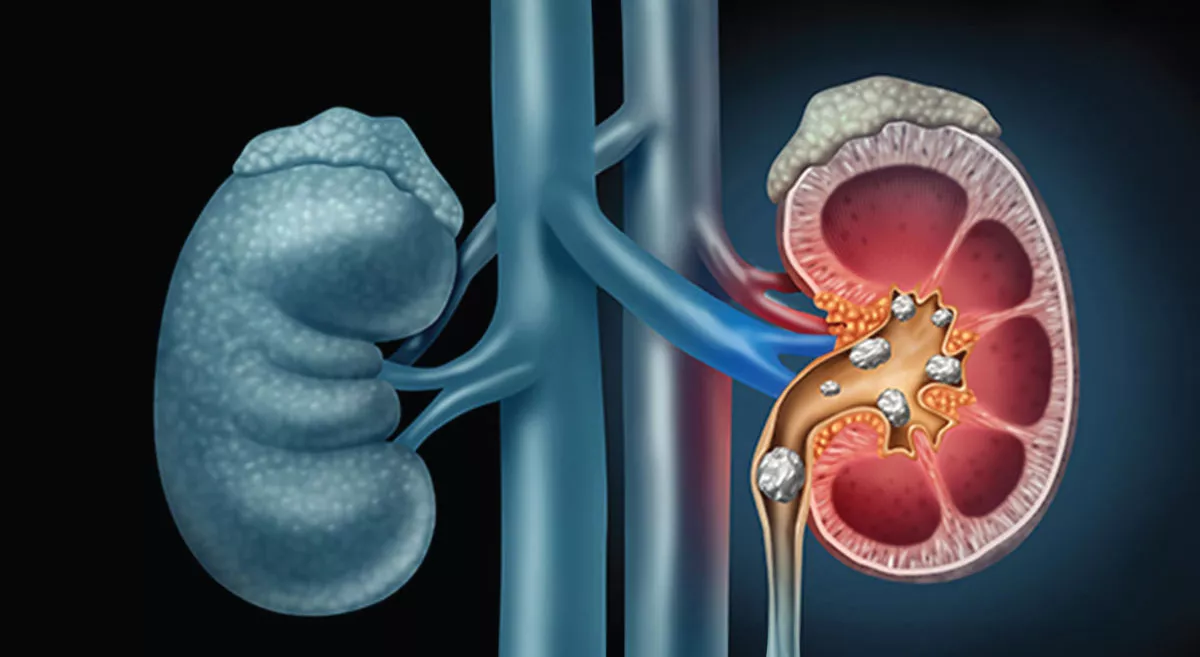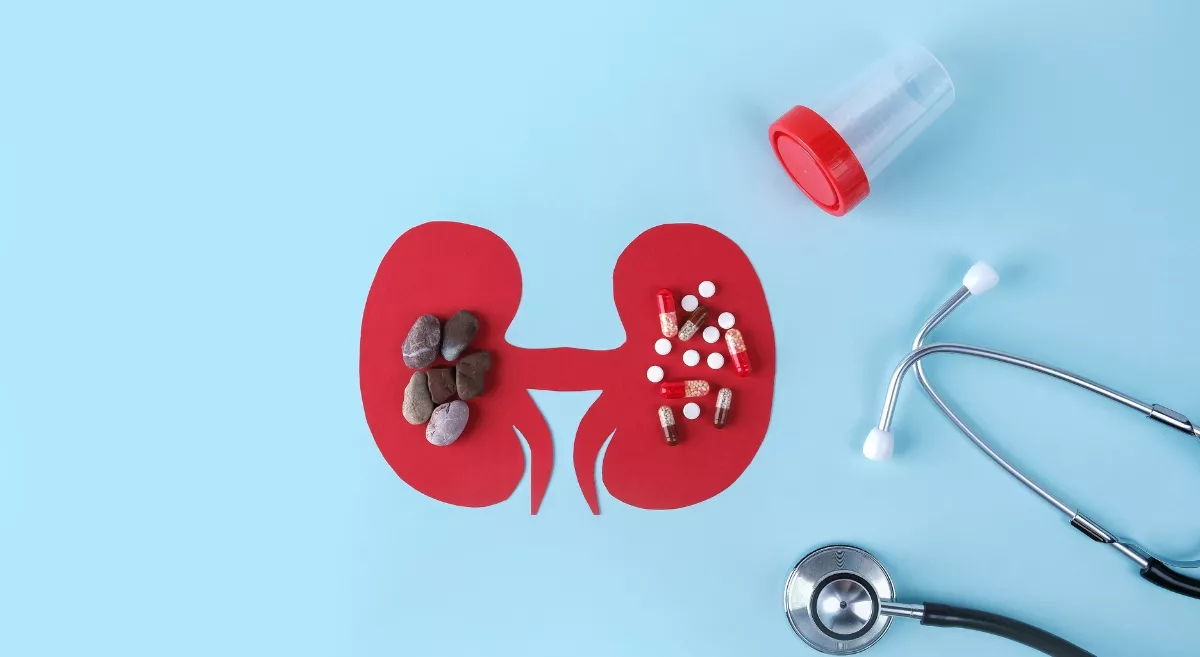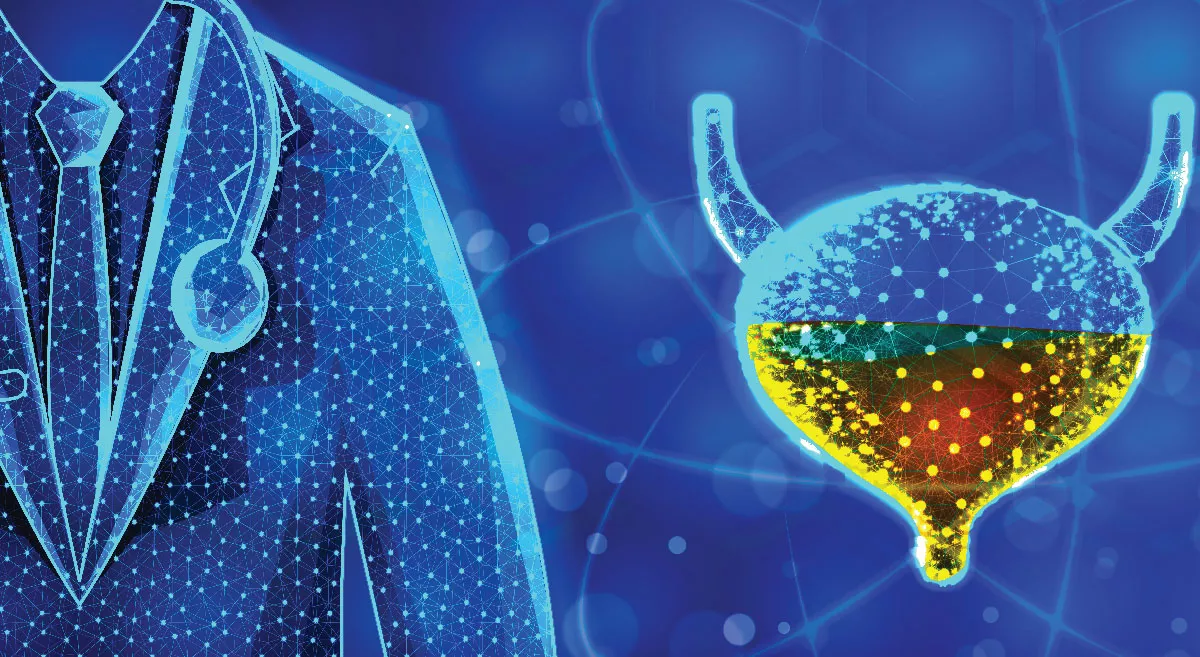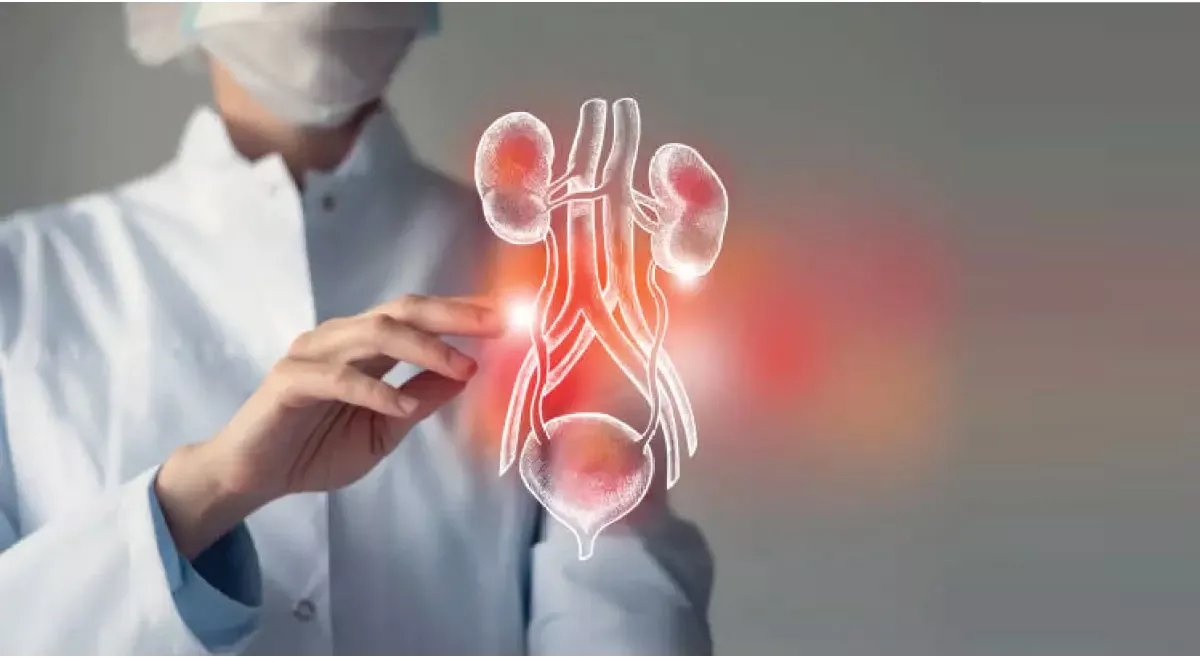The Department of Urology offers state-of-the-art facilities for the analysis and treatment of genitourinary and kidney issues in adults and children. A highly qualified and experienced group of urologists and urology surgeons are accessible 24 hours a day. The most advanced cutting edge innovation and equipments are accessible to subspecialises in the fields of Pediatric Urology, Laparoscopic Urology, Endourology, Uro-oncology, Andrology, Neuro-urology, Female Urology and Reconstructive Urology. Alongside the support of the Nephrology administrations, we also take care of renal transplantation.
Our Doctors
We have some of the best specialists from around the world, they bring years of experience and offer evidence-based treatment to ensure the best care for you.
Treatments & Procedures
We provide comprehensive treatment for all types diseases under one roof. Our highly experienced doctors supported by especially trained clinical staff, ensure the best care for you.
Advanced Technology & Facilities
Well equipped with the latest medical equipment, modern technology & infrastructure, Aster Hospital is one of the best hospitals in India.
Cystoscopy
Ureteroscopy
Focussed ultrasonography
TRUS
CT scan
Outpatient Consultation for patients of all ages.
Measures to detect, prevent and stop progression of kidney diseases
Close follow-up and advice on management of different forms kidney diseases (along with the team of social workers, nurses and renal dieticians).
Outpatient Consultation for patients of all ages
Extracorporeal shock wave Lithotripsy for renal and ureteric stones
Flexible Cystoscopy for both diagnostic and therapeutic procedures
Transrectal Ultrasound guided prostrate biopsy
Minor procedures like urethral dilatation, suture removal, BCG installation
Aster Hospitals, for the first time in Kerala, introduces Robotic Surgery with da Vinci Robot- a highly advanced surgical Robot that performs minimally invasive surgeries with utmost precision. What can be called the next level in surgery, the da Vinci Robot has multi-limbed surgical robot with tiny wrists that bend in all directions, offering precision, dexterity and fine manipulation beyond that of human hand. The Surgeon performs minimally invasive surgeries by manipulating three robotic arms and a video camera that are inserted through small skin incisions, while seated in front of a computer console with 3D video screen and controls. The option of Robotic surgery is available in the Urology, Cardiothoracic, Gynaecology, Oncology, Gastroenterology, Bariatric and Paediatric Surgery Departments at Aster Medcity.
we work hard to stay ahead of the times to be among the first in the world to bring new, evidence based, approved therapies and technology to our patients.
Facilities
Cystoscopy is an important procedure used by our urology team to diagnose and treat a variety of urinary tract problems. It involves passing a thin, lighted instrument into the urethra and bladder and is generally performed in an outpatient setting. Cystoscopy is a medical procedure used in urology to look inside the urinary tract. The cystoscope can magnify the bladder and urethral lining, allowing the doctor to detect any abnormalities.
In this procedure, the surgeon of our urology team makes insertion of a thin, flexible tube with a camera on the end (ureteroscope) through the urethra and into the ureter to examine the lining of the ureter and kidney. The ureteroscope allows the physician to view the ureter and kidney and identify any abnormalities, such as stones, tumors, or other blockages. The ureteroscope can also be used to take biopsies of the kidney and remove stones or other obstructions. This procedure is minimally invasive and allows for a detailed examination of the ureter and kidney without the need for open surgery.
It is a minimally invasive procedure carried out by our urologists with an endoscopic camera, which is inserted through the urethra and into the kidney. The camera is connected to a monitor, allowing the doctor to view images of the inside of the kidney. During the procedure, the doctor can obtain biopsy samples, remove stones, or perform laser treatments.
It is a medical procedure, in which our doctors use an endoscope to examine and treat conditions affecting the upper urinary tract, which includes the kidneys and ureters. During the procedure, a thin, flexible tube with a camera attached to its end is inserted through a small incision in the skin and guided through the urinary tract to the affected area.
This is a non-invasive medical procedure used by trained and skilled surgeons of our urology department to break up kidney stones, bladder stones, or ureteral stones into small pieces that can be easily passed out of the body through urine. The procedure uses shock waves to break up the stones, eliminating the need for surgical incisions.
TRUS stands for Transrectal Ultrasound, and it is a type of imaging technique that is commonly used by our urologists to visualize the prostate gland. A TRUS-guided biopsy is a procedure that involves taking small samples of tissue from the prostate gland using a biopsy needle under the guidance of transrectal ultrasound.
MR-TRUS (Magnetic Resonance-Transrectal Ultrasound) guided biopsy of the prostate is a type of diagnostic procedure used by our doctors to detect and diagnose prostate cancer. It combines the use of magnetic resonance imaging (MRI) with transrectal ultrasound (TRUS) to guide the biopsy needle precisely to the suspicious areas of the prostate gland.
Patient Stories
Our patients are our best advocates, hear the inspiring stories of their treatment journey
Blogs
The source of trustworthy health and medical information. Through this section, we provide research-based health information, and all that is happening in Aster Hospital.

